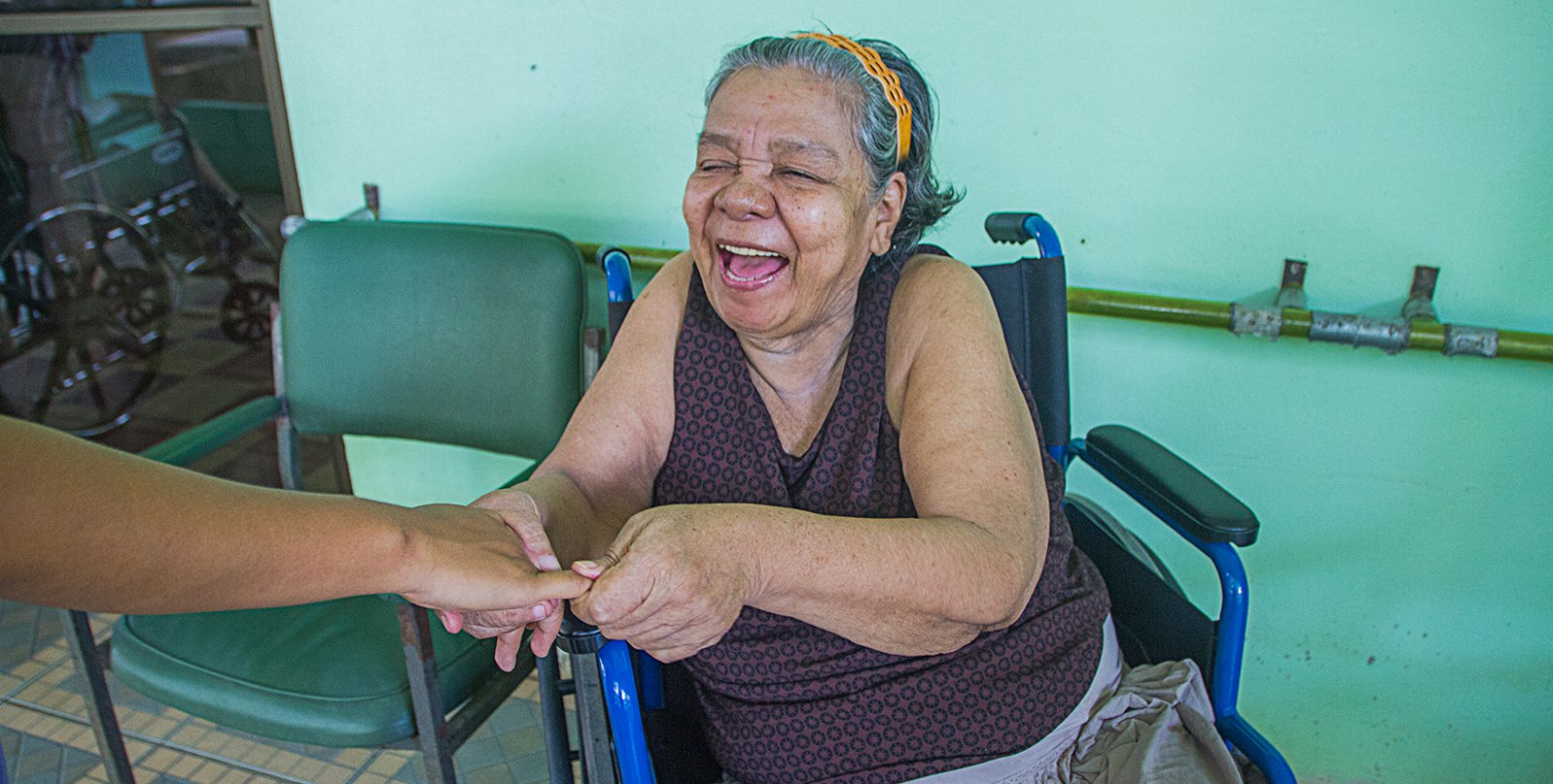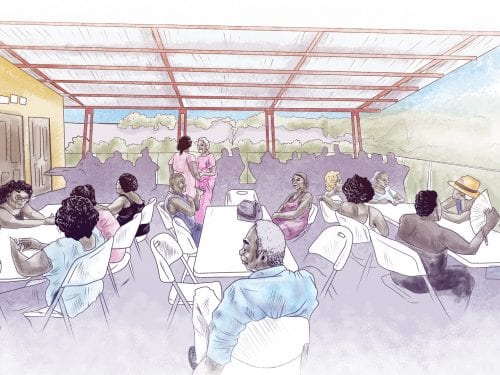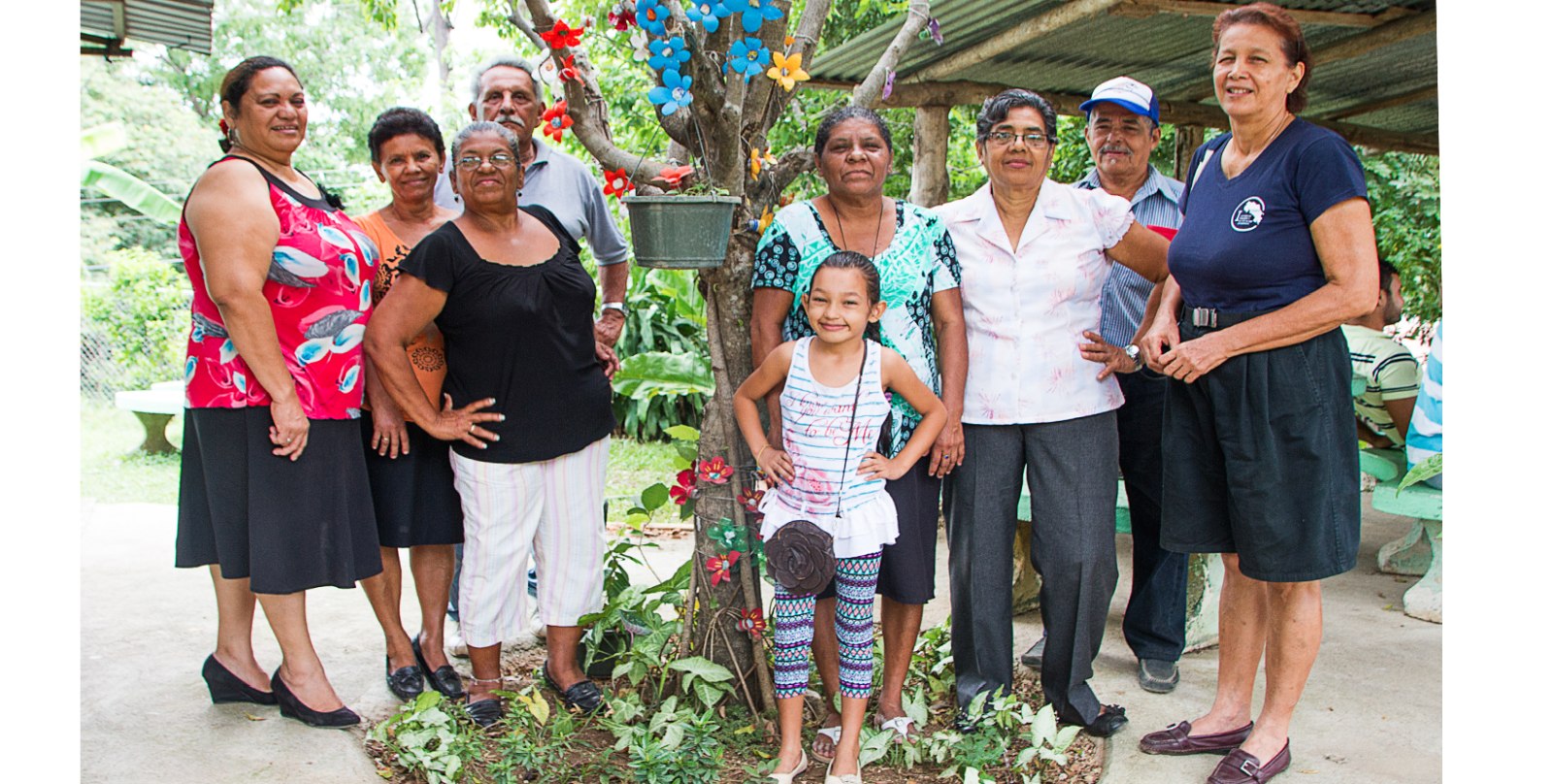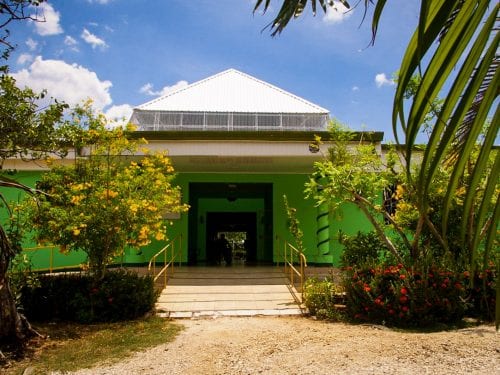
In Costa Rica, when a person turns 65 years old, they’re given the title of “gold citizen” (ciudadano de oro); they are even given a card that says it. However, it would seem to be just a formality – how many times have you seen a bus driver lose their patience with an elderly lady that doesn’t hear well, or even treat her poorly? Or kids making fun of an old man because he walks hunched over? It’s possible that at this moment you’re witnessing it.
Physical or psychological aggression, and in many cases extortion, exploitation and other kinds of abuse against the elderly are increasing in frequency in the country. There were 1,335 registered infractions against the Comprehensive Laws for the Elderly in 2012, double the number of incidents in 2010. However, the actual rates could be much higher, as according to experts, the elderly are a marginalized population, many of whom are unable to file complaints to protect their rights, leaving many offenses hidden.
A clear example, brought to light by our reporter Roberto Acuña, was the case of Doña Aquina in Playa Garza. While Acuña was visiting the coastal town to pursue an investigation, he heard the elderly woman’s shouts, in addition to the sounds of her hitting the walls of her small house. Surprised by the scene, he asked neighbors what was happening and found that the woman lived trapped inside by her children.
Aquina Barrantes Mayorga is blind, has hearing problems, and suffers from syphilis. Her children were unable to take care of her 24 hours per day, which is why they kept her trapped in a house with a lock and boarded windows. The house’s appearance and Doña Aquina’s shouts made the scene seem like something from an Alfred Hitchcock movie.
Acuña spoke with Aquina’s children, who explained that it was impossible for them to give her the care she needed and that they had tried to take her to an elderly care center several times. Every time, the centers had not been able to receive her.
Our journalist toured the halls of the Fiscal’s Office in Nicoya and spoke with lawyers with expertise on the subject, the National Council for the Elderly (CONAPAM – Consejo Nacional para la Persona Adulta Mayor) and with the Ombudsman. He asked everyone, “What can you do to help this lady?” The answer was the same – “Someone has to present a complaint for us to be able to do something.” On June 12 our online newspaper reported on Aquina’s story, and four days later she was transferred to the Elderly Care Center in Niocya. Later, she was admitted to the Sacred Heart Home for the Elderly in Nandayura, due to the intervention of CONAPAM.
There are many cases like this, but we cannot tolerate them. It is thanks to the elderly that we have what we have, that we live where we live, that we live free in a country without war, with education and free healthcare. In a place that is internationally-recognized as one of the eight places where people live longest in the world, where one of the reasons for that exceptional longevity is the active and social lives that the elderly lead. We cannot allow cases like Aquina’s. We repeat: we cannot tolerate abuse of any kind. Not only because everyone deserves to live a dignified life, but because we will be treated the same in the not-too-distant future.
Aging is as certain as death. Don’t suppress people for a reason that could someday be used to suppress you and do not allow any kind of aggression.







Comments